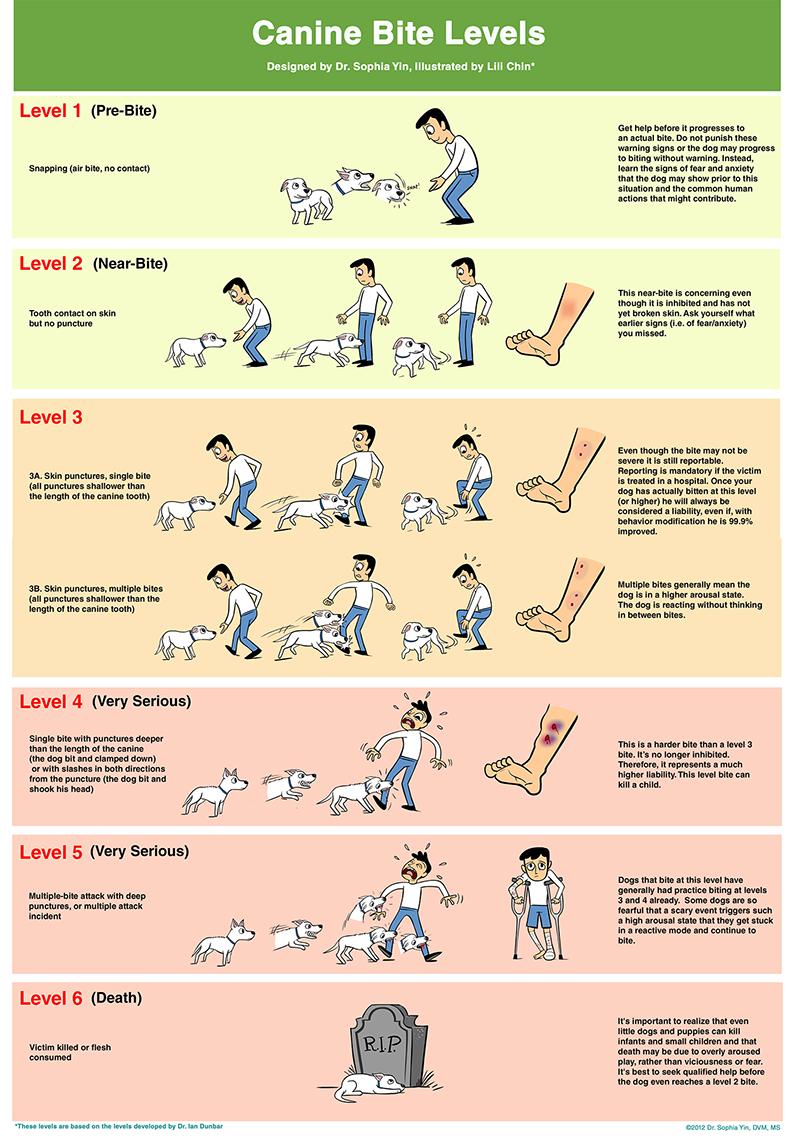“My dog has bitten my child (or friend, or neighbour) or has attacked another animal, and I need to surrender him immediately. He’s a good dog – he just needs a home without kids or other pets, a quiet place in the country with someone who can work with him.”
Sadly, we receive this message far too frequently. Some owners feel that their dog can be trained or rehabilitated to a point where he will be safe. Others think the perfect solution for their dog is an adult-only home where the risk for aggression can be managed. Some even argue that as a Boston Terrier rescue, it is our “job” to take responsibility for a dog that can no longer live with their family.
We also know that some owners have tried everything they can to deal with their dog’s behaviour and feel that surrendering their dog to rescue is their dog’s last hope.
Boston Terrier Rescue Canada is a foster-based organization. There may be a misconception that we have a central shelter/boarding facility staffed by professional dog trainers and behaviourists where we can house and work with dogs with behavioural issues. (Just like you see on TV.) Unfortunately, this is not the case. All dogs that come to us are fostered by volunteers and live in our homes with our own families and other pets.
While it is true that some dogs that are surrendered to us can be helped with the right resources, including a dog-savvy individual and a knowledgeable trainer, as a volunteer organization, our resources are always stretched thin. This ideal situation can be challenging to find, which is why we must evaluate each surrender request on a case-by-case basis.
For young, healthy, single-breed dogs, the average time in rescue is approximately four to six weeks. Dogs requiring additional training take much longer to adopt out. It's important to note that accepting an aggressive dog into rescue may mean turning away other dogs that need our help. In the same amount of time that we care for one aggressive dog, we could have cared for several friendly bdogs and placed them into loving homes.
Families that come to us to adopt a dog want a companion they can trust. They want a furry friend that they can take to the park, have around when their kids' friends come over, and be around their loved ones without any worry of aggression The average person looking to adopt has neither the knowledge nor the skills to work with aggression, and won't be able to cope with the dog's behaviour any better than the family who surrendered the dog. It's hard adopters who don’t have children, don’t have grandchildren, and have kids visit. Few people always stay home so their dog doesn’t have to interact with the world.
As much as we would like to save every dog, we recognize our responsibility to ensure the safety of our volunteers, their pets, and the community. Therefore, we cannot accept a dog with a confirmed history of aggression toward people or severe aggression toward other animals, which can also pose a risk to humans.
Aside from the legal liability of rehoming a dog with a bite history, there is a moral responsibility for what happens if the aggression recurs – either to another dog, another person or to the dog itself. We feel an obligation to our adoptive families to ensure they are taking home a dog that will be safe.
If your dog exhibits aggressive behavior or has a history of biting, we recommend that you take your dog for a thorough veterinary examination to ensure that the behavior is not due to a medical condition. Once your dog has been given a clean bill of health, it is important to seek professional help. You can ask your veterinarian for a referral to a certified animal behaviorist or a trainer who is qualified and experienced in dealing with aggressive dogs. We can also provide recommendations for professionals in your area.
Euthanizing a beloved dog due to severe behavioral issues is a very difficult decision and should never be taken lightly. However, there are some dogs that may never be "fixable" or manageable. If they cannot safely be around people or other pets, and their emotional needs are not being met due to isolation, if they are always fearful and reactive, then the hard truth is that they are not living a good quality life. Making the decision to let them go peacefully and with dignity may be the kindest thing to do. We strongly suggest that you speak with your veterinarian and trainer to help guide you through this emotional decision. We are also available if you would like to reach out.
